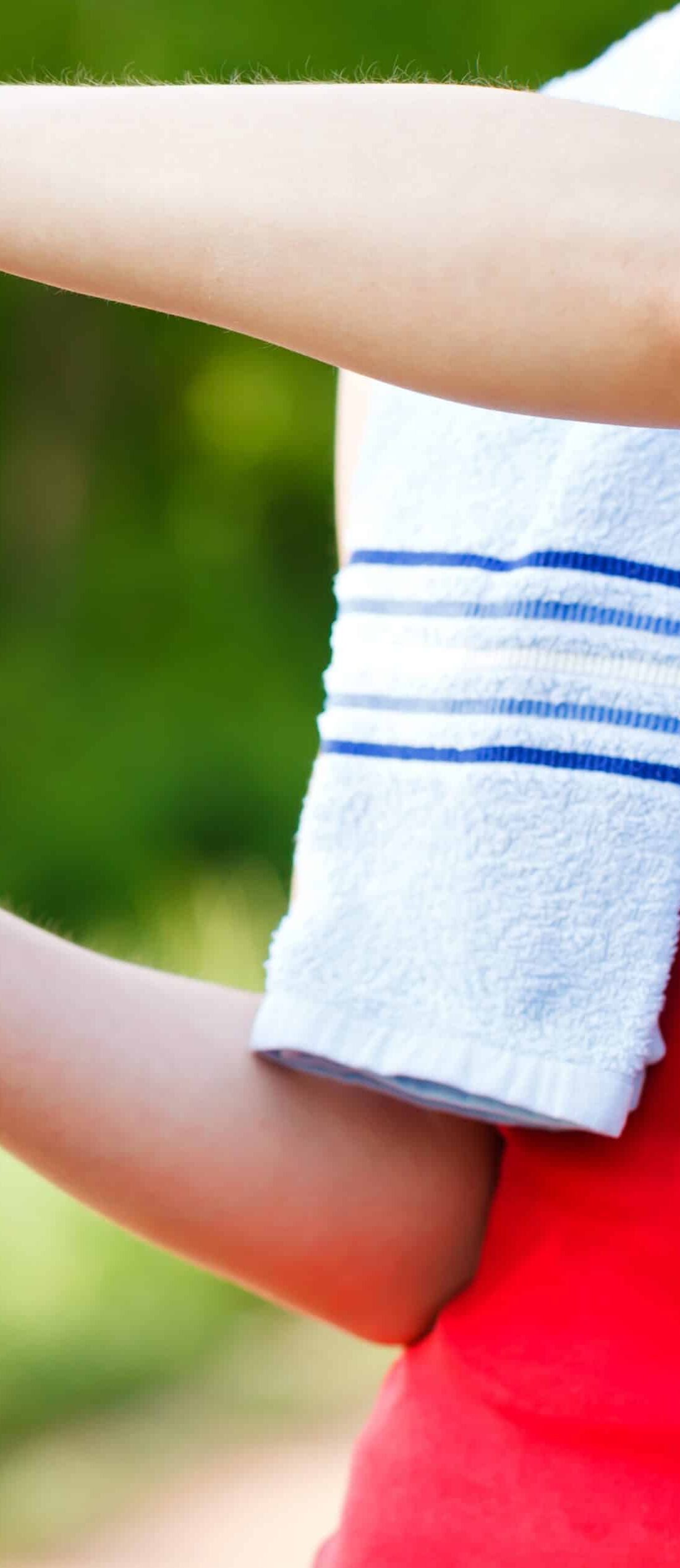Stay Deliciously Hydrated
They say eight glasses of water a day, right? Well, maybe not. After hearing this advice for so long, it’s hard to believe that it’s not advice for everyone. However, two scientific reviews found no evidence for the recommendations. Plus, in 2004 the Institute for Medicine (IOM) suggesting that average healthy Americans could stop fretting over measuring their water intake and could simply let thirst be their guide. What’s more the IOM recognizes we can adequately hydrate with beverages other than water and that many solid foods contribute to our fluid needs.
Thirst may not always indicate hydration status. If you are healthy, honoring your thirst level should keep you adequately hydrated. However, people with medical conditions requiring fluid control, individuals taking certain medications, athletes and others involved in strenuous activities and people living in especially hot climates need to ensure that they are getting the hydration adequate for their situation.
Your Go-To Beverage
Beverages can be a surprising source of calories but there are also numerous reduced and zero calorie options. Water is typically easy to find and calorie free and a great choice for nearly everyone.
Sports drinks are great options that provide benefits for athletes and those who sweat heavily. These drinks contain fluid and electrolytes lost in sweat and contain sugar to prevent fatigue and refuel, providing a boost to individuals who are active for at least 60 minutes. It can also be easier for athletes to consumer more fluid when the beverage is flavored which may be important for those that sweat a lot but have a hard time drinking adequately. Athletes who need to hydrate also have some reduced calorie and no calorie drinks that still contain electrolytes. Casual exercisers who sweat little can try hydrating with water to make sure they aren’t consuming more calories than they are burning as they exercise.
Sodas, sweet tea and fancy coffee drinks also hydrate, but they can also weigh you down with plenty of unnecessary added sugars and calories. Try the low-calorie options to save on the calories and sugar.
Smart Choices Beyond Water
Pure 100% fruit and vegetable juices can be nutritional powerhouses. However, if you’re watching your calorie and carbohydrate intakes, keep tabs on the amount you drink. For example, 8-ounces of grape juice – a delicious, nutritious choice – packs about 150 calories and 37 grams of carbohydrate. A fun way to drink juice is diluted with seltzer water.
Hot and iced teas provide health-boosting flavonoids. Be cautious if you like your tea sweetened. A tablespoon of honey brings about 60 calories and 17 grams of carbohydrates with it. A better choice is unsweetened tea or a bit of calorie-free sucralose or other non-nutritive sweetener.
Coffee also has health benefits. The 2015 Dietary Guidelines for Americans tells us that drinking coffee is associated with reduced risks of both cardiovascular disease and type 2 diabetes. Again, be smart with your add-ins. A fancy coffee beverage might be loaded with 300 – 600 calories and lots of saturated fats and added sugars. A wise coffee treat is a nonfat latte serving up some protein, calcium and vitamin D. And yes, even caffeinated beverages –– contribute to our fluid needs.
Flavored water is another smart choice. Low-calorie flavor pack containing sucralose offer great flavor options or you can get creative with your favorite fruit, vegetable and herb flavors. Try a couple of these:
- Cucumber slices with mint or lavender
- Lemon and orange slices
- Peach slices with basil
- Blackberries, lime wedges and mint
Stay safe and healthy by listening to your thirst cues and hydrating with wholesome choices.
 Jill Weisenberger, MS, RDN, CDE, FAND has worked as both a nutrition counselor and a diabetes educator in the hospital and research settings, and now in private practice in Newport News, VA. Jill is the author of Diabetes Weight Loss – Week by Week and two upcoming books, The Overworked Person’s Guide to Better Nutrition and 21 Things You Need to Know about Diabetes and Your Heart. She is a member of the Academy of Nutrition and Dietetics, the American Association of Diabetes Educators and the American Diabetes Association. Jill is a paid contributor to Sucralose.org. Follow Jill on Twitter @NutritionJill and find more at www.JillWeisenberger.com
Jill Weisenberger, MS, RDN, CDE, FAND has worked as both a nutrition counselor and a diabetes educator in the hospital and research settings, and now in private practice in Newport News, VA. Jill is the author of Diabetes Weight Loss – Week by Week and two upcoming books, The Overworked Person’s Guide to Better Nutrition and 21 Things You Need to Know about Diabetes and Your Heart. She is a member of the Academy of Nutrition and Dietetics, the American Association of Diabetes Educators and the American Diabetes Association. Jill is a paid contributor to Sucralose.org. Follow Jill on Twitter @NutritionJill and find more at www.JillWeisenberger.com



